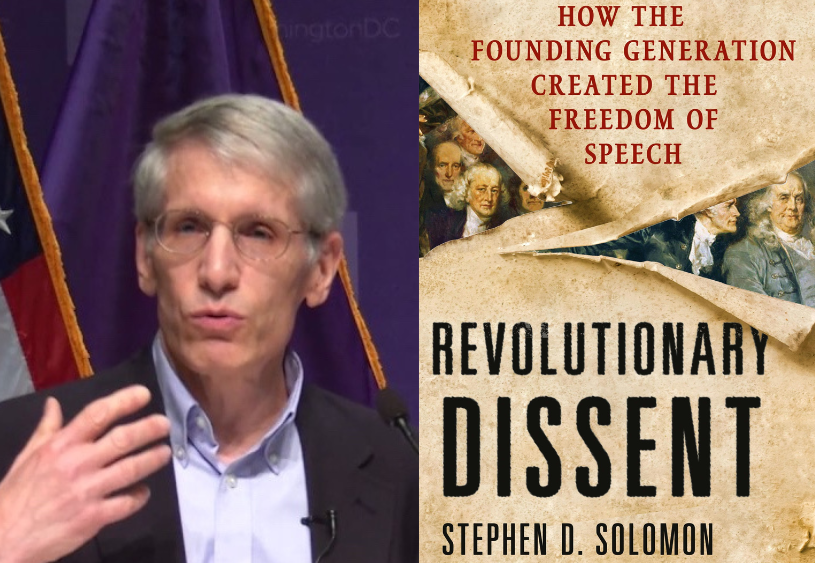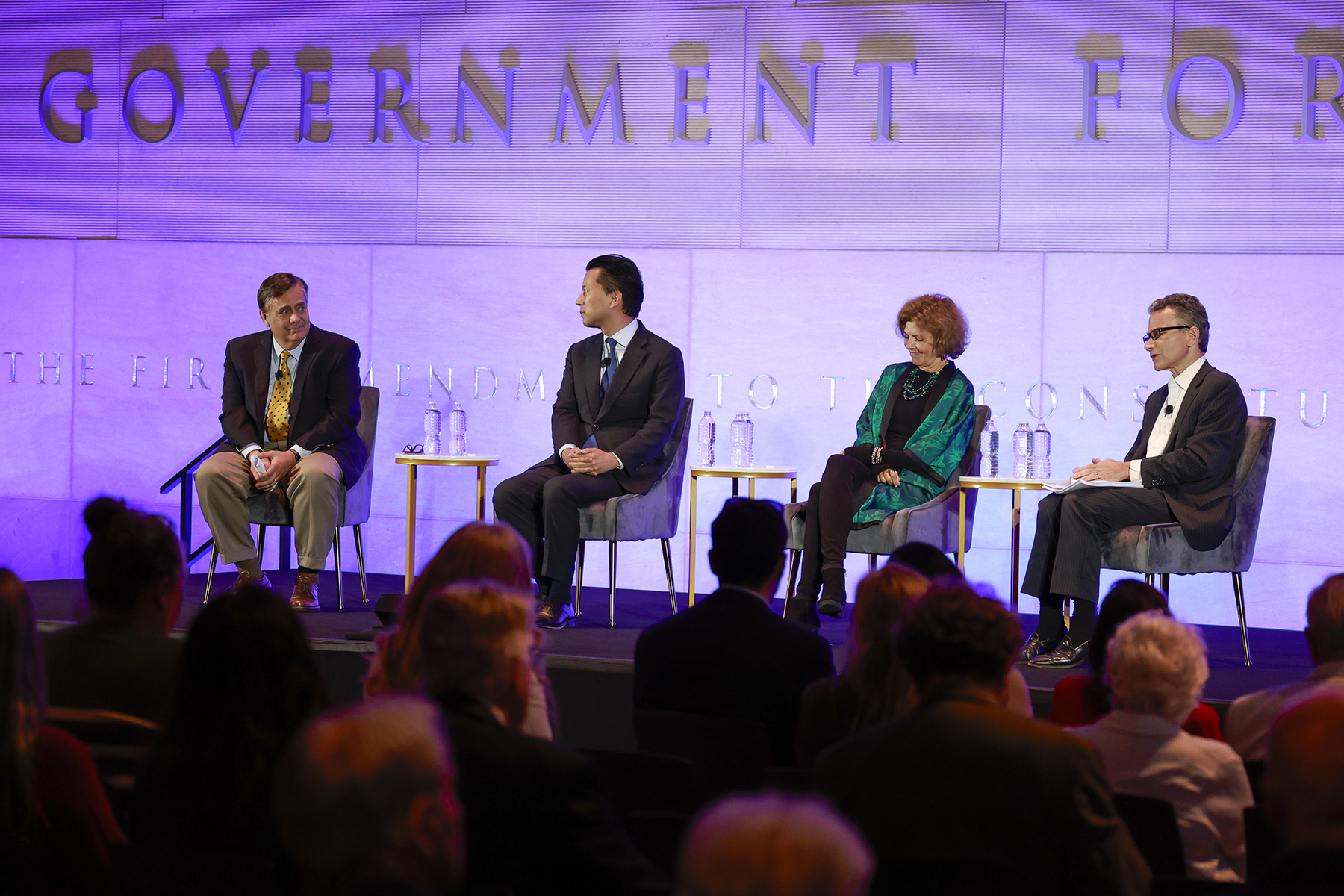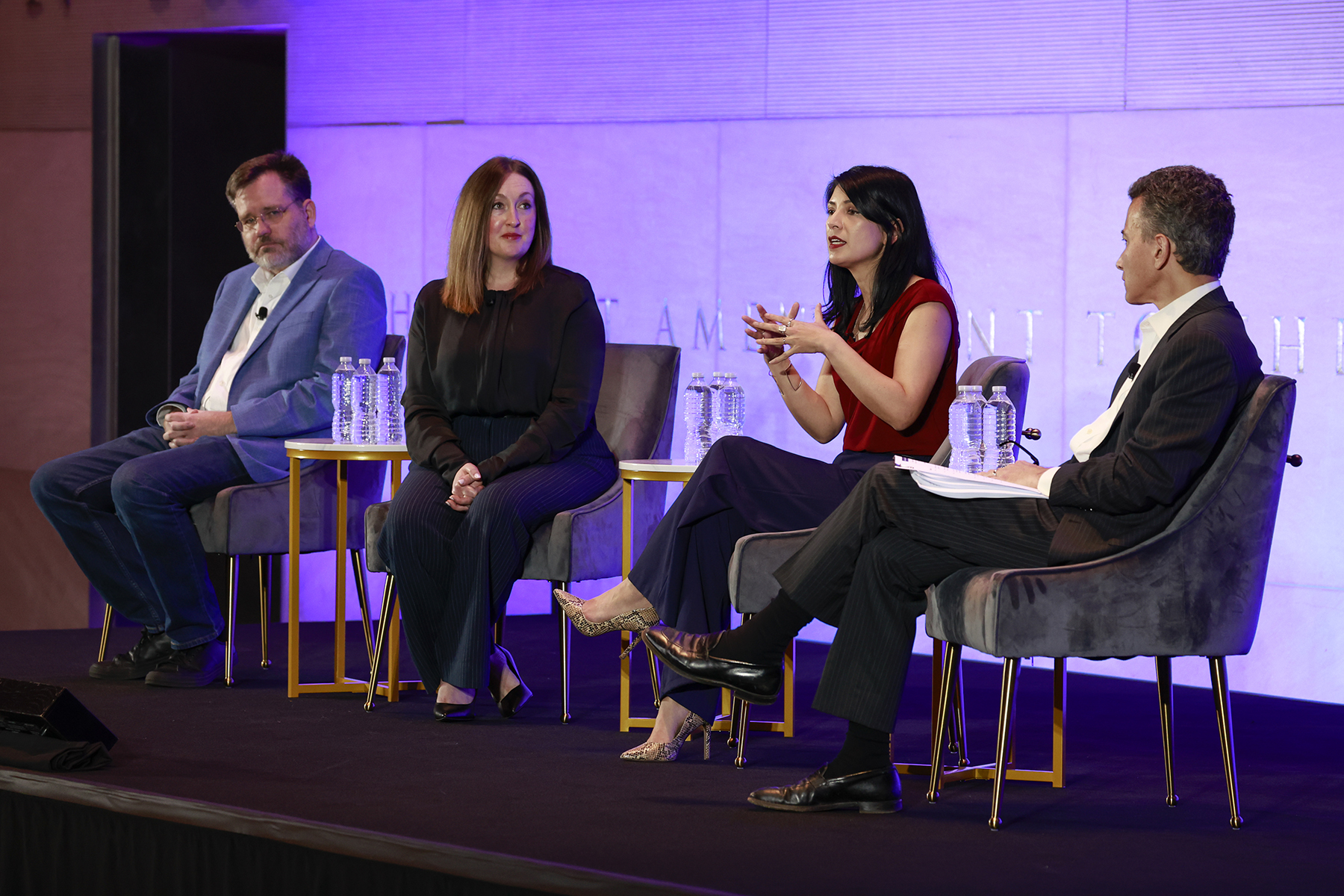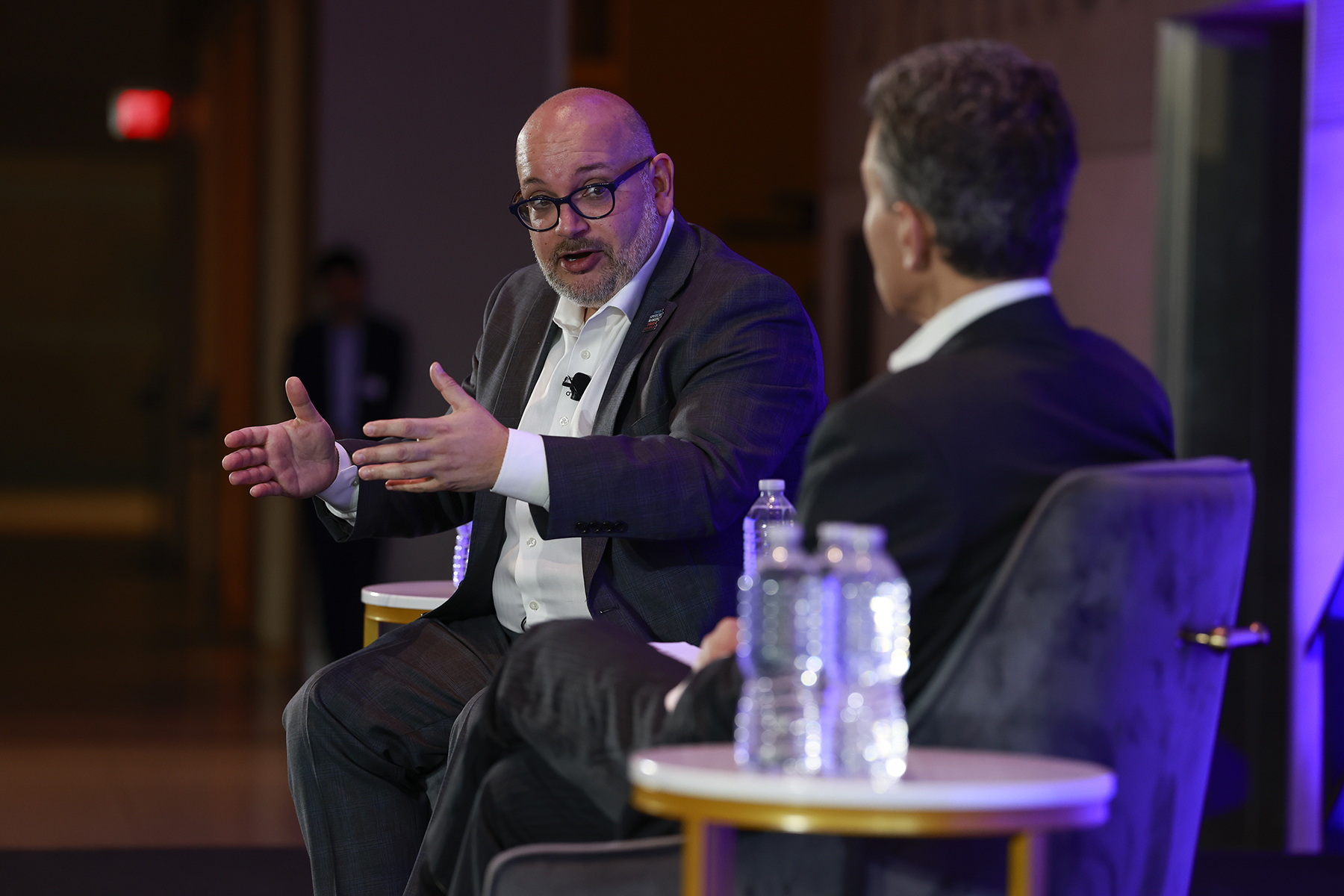The 19th-century political philosopher John Stuart Mill warned that the greatest threat to free expression was not the government but the tyranny of the majority. Mill thought a society’s beliefs about what sort of opinions should be tolerated could have a greater impact on individual liberty than state or national law. Bearing this and our globalized world in mind, how do private universities and companies, who aren’t limited by the First Amendment, respond to public pressure for censorship or open debate? How do today’s universities and companies who have campuses and relationships in other countries navigate conflicting public opinions on matters of free expression?
Join us on April 21st at 12:00pm EST for our next #FAWPublicForum “It’s a Matter of (Public) Opinion,” where we will discuss controversies that highlight conflicting cultural attitudes about the bounds of free speech. Our special guests include Sarah McLaughlin, a writer and free speech advocate who currently serves as the Director of Foundation for Individual Rights in Education (FIRE) Targeted Advocacy program, and Danish lawyer and human-rights activist, Jacob Mchangama, the founder and executive director of Justitia, a Danish think tank that promotes policies in favor of free expression. McLaughlin recently released a Substack, where she has written about blasphemy laws, social media regulation, and political activism in sports. Mchangama is the author of an upcoming book “Free Speech: A History From Socrates to Social Media,” which looks at how concepts like tolerance and intellectual diversity evolved over 2,000 years. The book is based on his podcast “Clear and Present Danger: A History of Free Speech.”
Lessons for First-Year Students on Free Expression
How do we encourage the next generation to protect free expression if they aren’t familiar with its basic tenants? Together with our partners at the Foundation for Individual Rights in Education, First Amendment Watch has created free educational resources that administrators, faculty, and students can use to discuss basic free expression principles such as academic freedom and offensive speech.
Our newest modules “Social Media and Online Speech” and the “The Role of Student Publications on Campus” reflect two regions of expression where students’ free speech rights are particularly vulnerable.
Scroll Through all of our Orientation Modules
See our Video Lessons on Free Speech
Tags




